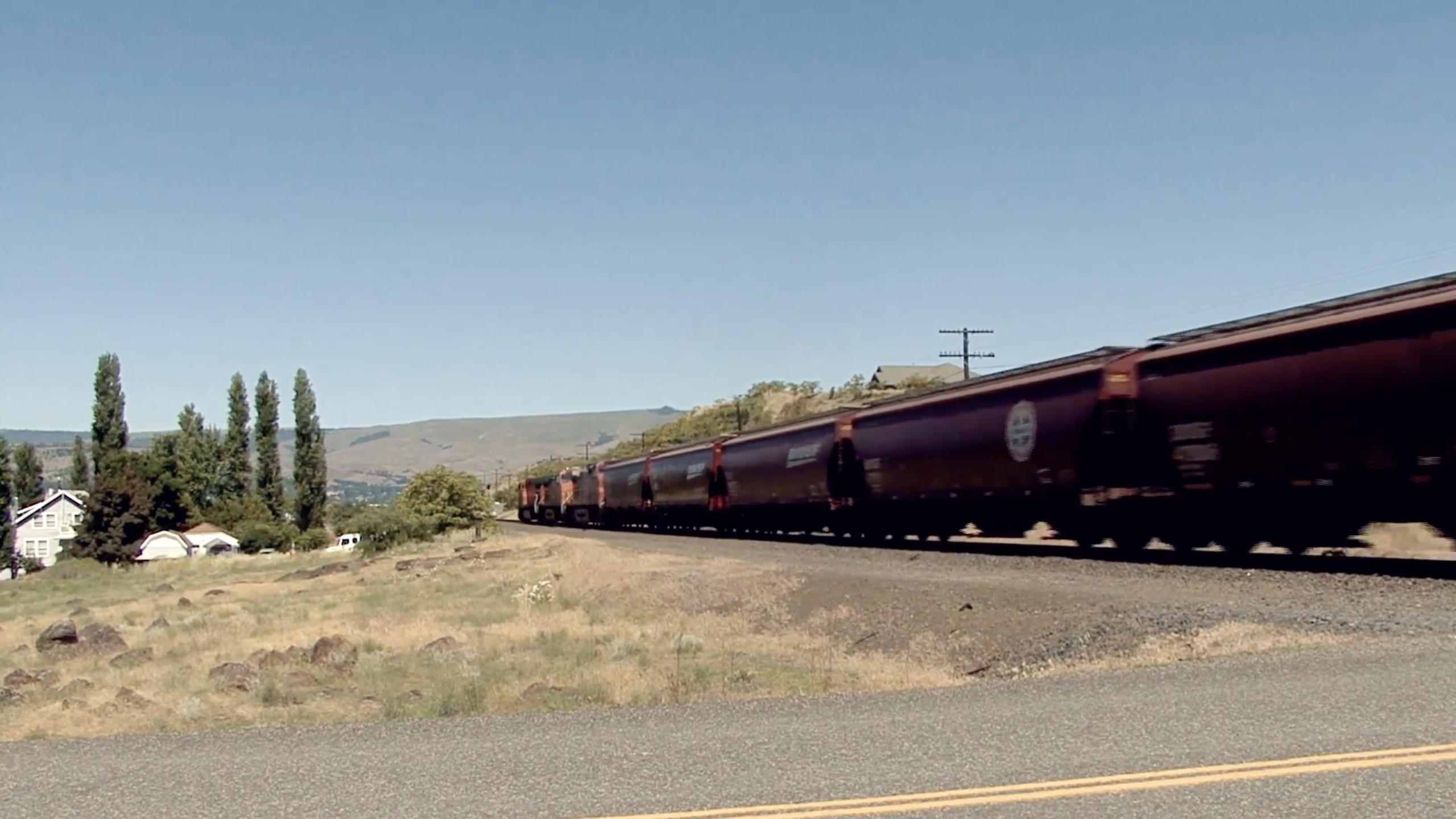DOT PHMSA ALERT Rail Car Training
The Center for Rural Development (CRD) has been awarded a grant from the U.S. Department of Transportation Pipeline and Hazardous Materials Safety Administration (DOT PHMSA) and has partnered with the All Hazards Training Center (AHTC) to provide hazardous materials training for volunteer and remote emergency responders. This training is specifically for responses to incidents that involve rail shipments of crude oil, ethanol, and other flammable liquids.
By DOT mandate, All Hazards trainers can present this workshop at your location at no cost. This training is recommended for first responders, law enforcement, Emergency Management personnel, and other community stakeholders, including railroad representatives.
Topics discussed during training include:
- Rail car design features and aspects of construction that would impact response strategies
- Characteristics of chemicals and toxicology focusing on crude oil, ethanol and other flammable liquids
- Hazardous materials recognition and identification strategies
- Offensive, defensive, and non-intervention response strategies for fire and spill incidentsThere will be hands-on scenarios using a mock rail car to emphasize the objectives of the training.
This 8-hour training course is designed to be presented at the remote and volunteer responder’s location, minimizing participants’ travel time and maximizing attendance.
Requirements for hosting rail car incident response training include:
- Facilities must provide a classroom that will accommodate a class size of 20 (min) – 40 (max) people
- An adjacent open area (such as a parking lot) to accommodate the 14 ft. mock rail car used in the hands-on activities
Demand for the course is anticipated to be high, so your ability to be flexible in scheduling will help assure that we can accommodate your request.
Request Training
The minimum class size is 20 participants. To ensure you have a qualifying group, we suggest inviting neighboring fire departments, law enforcement, and other first responders, along with local emergency managers and other community stakeholders, like railroad representatives.

